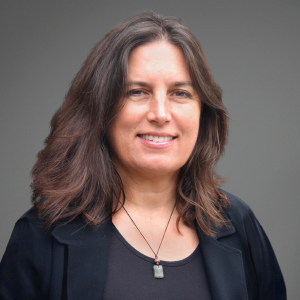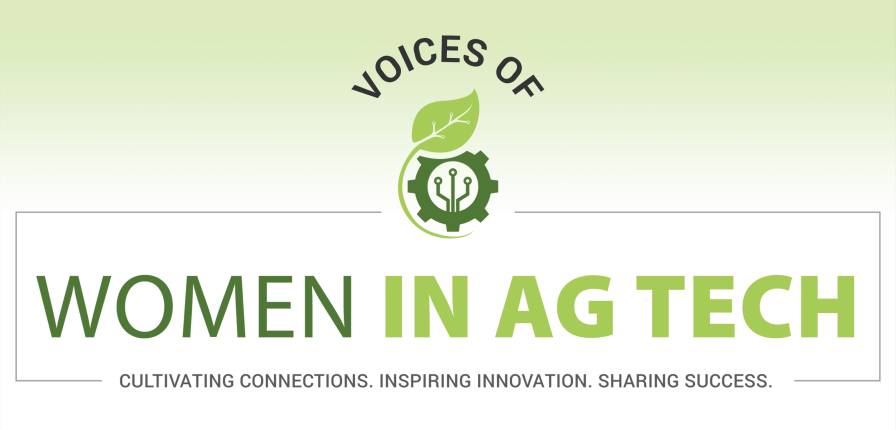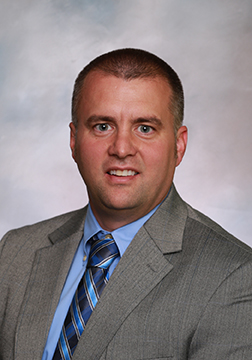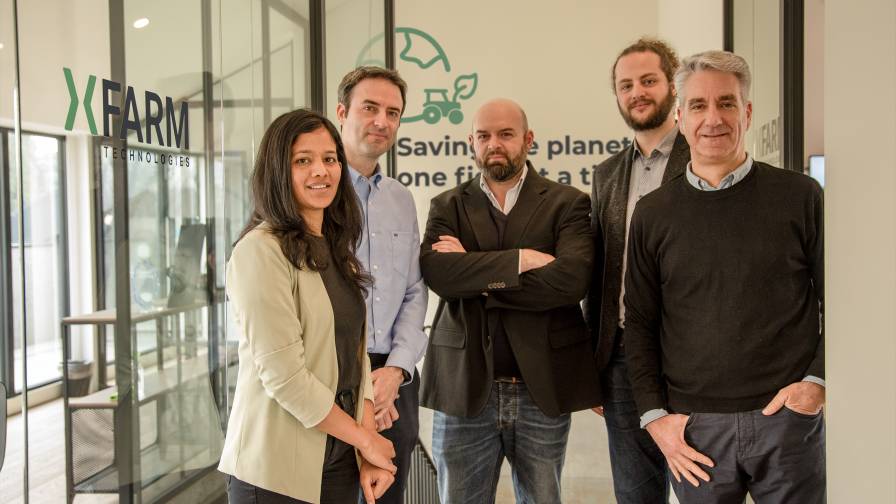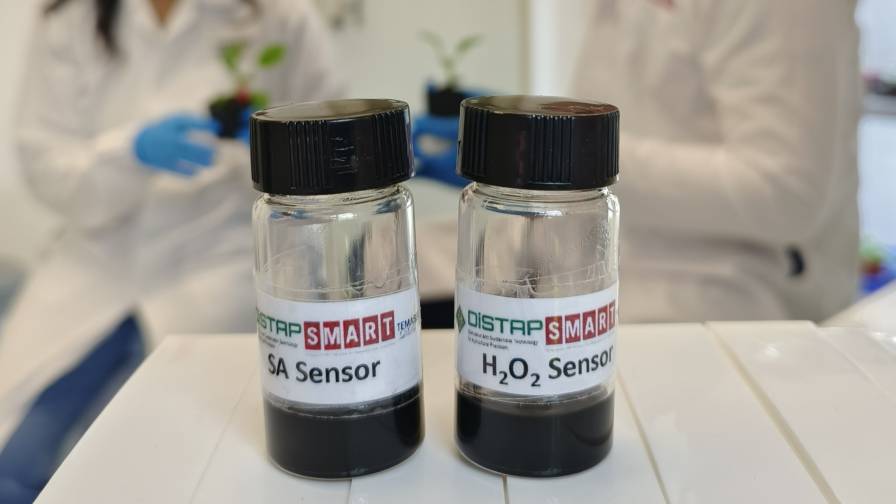Voices of Women in Ag Tech: Ambassador Profile on Mineral’s Erica Bliss

Women in Ag Tech is a newly formed and crucial group that aims to provide women in agriculture technology with a platform to connect, engage, and build a community.
As part of our commitment to promoting diversity and inclusivity in the agricultural technology sector, we bring you exclusive insights from our inspirational ambassadors and other women leading the way forward in ag tech.
We recognize the importance of hearing directly from women in our industry. Their expertise and unique insights offer a fresh and dynamic approach to tackling challenges and driving innovation in this rapidly evolving field. Join us as we delve into their stories and expertise empowering you with the knowledge and inspiration to shape the future of ag tech.
MORE BY LARA SOWINSKI
Voices of Women in Ag Tech: Ambassador Profile on ICIT’s Joyce Hunter
Women in Ag Tech: Building Community, Implementing Ideas, Taking Next Steps
In this Ambassador Profile, CropLife Media Group Editor Lara Sowinksi interviews Erica Bliss, Chief Commercial Officer at Mineral, an Alphabet Company.

Erica Bliss, Mineral
Lara Sowinksi: In the agriculture sector, not everyone had their start working on the family farm. You mentioned that you’re a fan of “wandering paths” over the course of a career. How did you come to work in agriculture?
Erica Bliss: I started in tech consulting, but was really hungry for something more mission oriented. Mostly, I wanted to find ways to increase incomes and reduce poverty globally, which drew me to smallholder agriculture. I began a three-month volunteer role in central Uganda with a non-profit — TechnoServe — and worked with a dairy cooperative, helping them stand up IT systems to enable financing. I learned a lot. After those three months, I fell in love with agriculture and the complexities of it — the biology, chemistry, policy angles, value chain, behavior change, everything. I was fascinated with agriculture and knew I wanted to spend my life working in this endlessly interesting and challenging industry.
Three months turned into 14 years, during which time I moved around to different parts of the industry. I did some supply chain work with Coca-Cola; worked with Walmart on sustainable sourcing; and worked with Syngenta on the inputs side. Now I’m working on the tech side to help build technology that enables various parts of the value chain with the goal of helping influence positive change across a really complicated ecosystem.
LS: This year, Mineral became an independent company under Alphabet. Describe the work you’re doing there.
EB: At Mineral, we’re building ag-specific tools to help gather and understand data about the plant world. Alongside our partners in input companies, enterprise farms and equipment manufacturers, we’re creating tools to accelerate precision agriculture. We’re not just working with enterprise growers, but also with the retail grocery space on food quality and freshness, for example. There are opportunities to reach into those parts of the food production value chain that sometimes get siloed. It’s an exciting interplay.
In addition, we’re working across both row crops and specialty crops. Some of the foundational challenges are similar, such as requiring accurate plant-level insights to better manage inputs and drive deeper understanding of production. But there are also many unique needs. For example, the specialty sector has so much diversity among producers and requires so much customization, not to mention equipment moves more slowly compared to row crop equipment, because plots are smaller scale. The equipment running through the fields of row crops moves at high speeds as they search for economics and systems that scale. It also means we need models for row crops that can sense, understand and act while moving at 15+mph.
LS: During the time you spent working in Africa, prior to Mineral, you saw first hand the impact of climate change on agriculture. What was that?
EB: When I was with Syngenta I was based in Kenya working on various partnerships and collaborations across the value chain, including working with insurance companies on index insurance products. During the 10 years I spent time in that region, there were many agricultural areas that went from two annual planting seasons to one. It was really important for growers to get that second crop in, especially for small producers. However, climate change dramatically altered production in that region and it happened so fast.
These learnings and observations were eye-opening for me, and really moved me to think about how we can build technologies to support adaptability and other solutions to the challenges facing food producers, because food production is going to look different in the future and the time horizons are pressing.
LS: What advice do you have for women looking to find their place in the ag industry?
EB: I really encourage women to find other people who can be their champions, their advocates, or have made the transition you want to make into this industry. For me, I was transitioning from working in large markets comprised of mostly smallholder farms to working in the U.S. with more large-scale producers. I found a community of women who had made similar transitions and we started a WhatsApp group. They really supported me in retooling my ag background and expertise for different crops, a different market, and different networks of people.
Mostly, it was women who helped me during that point in my ag tech career. We’re a mighty few, but it’s a growing group! I do believe we need to figure out how to help people make the transition into agriculture if they didn’t start there. As industry insiders we have to help others retool because there’s a lot of interest in ag and there are people who would like to work in this industry but it’s not that easy to break into. We have a role to play in supporting, coaching, and simply including people in conversations that they wouldn’t otherwise be invited to join.
LS: What’s a fun fact about Erica that you can share with us?
EB: When I first moved to the Bay Area about five years ago, I started a co-op [not a farmers’ co-op!] that was essentially a co-living space with some friends. We bought a property, built a commercial kitchen, and ate meals together. We tried to design for a more community oriented and collective living environment. But about a year-and-a-half ago I moved down the street because I needed a little more space!
The community that we built there still brings me so much joy. It was a casual way for me to step out of my daily work zone and be part of a community that was right there and easy to access. I like to think these are values I see reflected in agriculture, too: community, local wisdom, and care for the spaces you inhabit.




